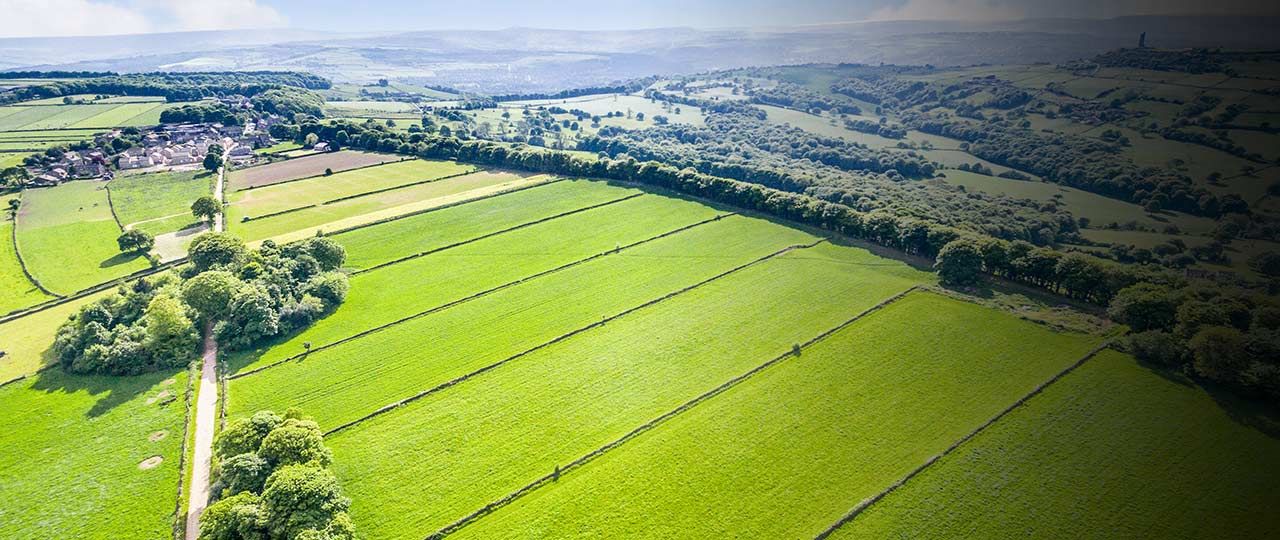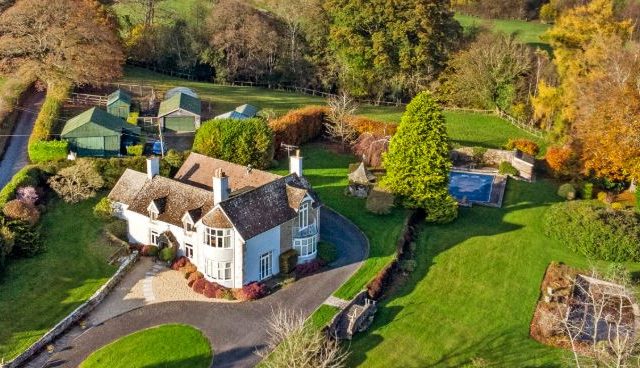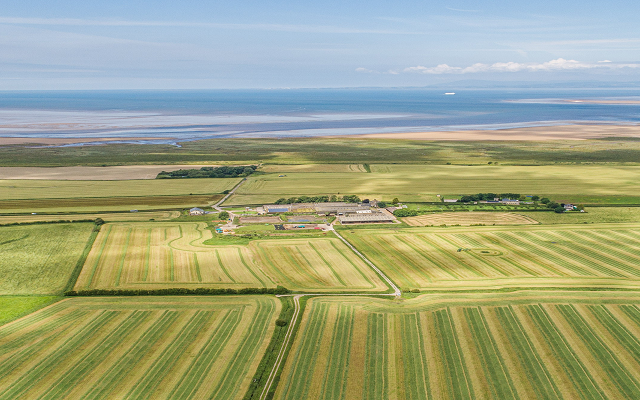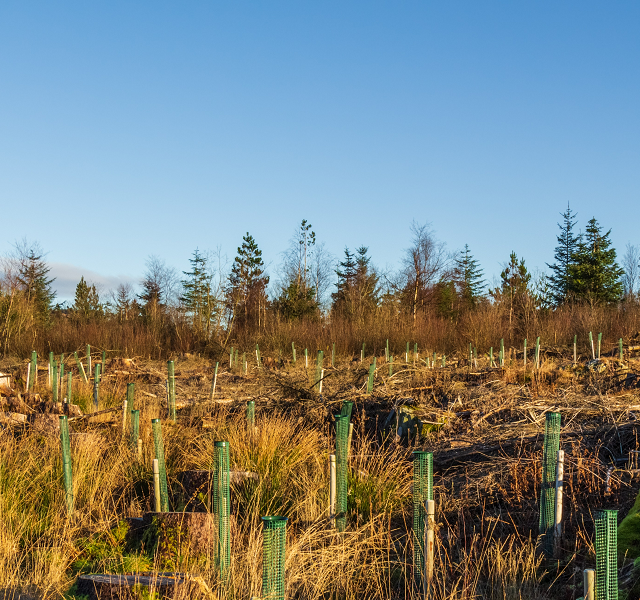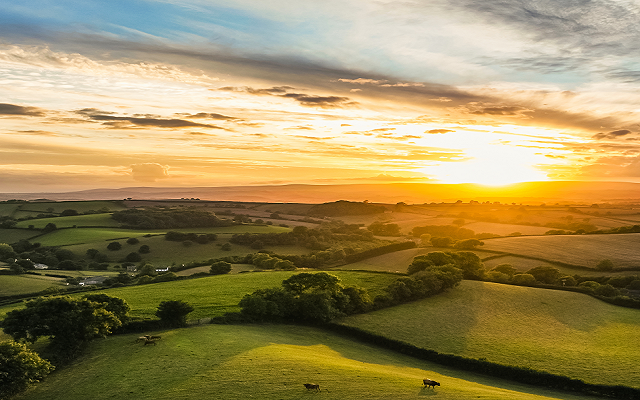A guide to overage in the farmland market
Ten to 15 years ago, it was something that was hardly used, but overage negotiations have now become a routine feature of many farm sales.
Overage is a condition placed on the sale of a property which means that the buyer has to make a payment, on top of the agreed purchase price, if a pre-agreed event is triggered at a later date.
That event is normally if residential planning permission is obtained on the land, but can also be commercial development, the conversion of any farm buildings or a change of use.
The overage payment is expressed as a % of any uplift in the value of the land due to the event taking place in the future. It is also referred to as uplift or clawback provisions.
We live in a world where the ability to predict the likelihood of obtaining planning permission has become much more difficult, as planning laws and regulations have been eased because of the level of demand for residential housing.
There have been a number of instances where land which people thought would never be developed has been developed, and the difference between the value of land once planning permission is obtained and agricultural values is enormous.
As a result, sellers are choosing to go down the overage route because they want to make sure they do not lose out completely in the future.
The main disadvantage of insisting on overage is that it adds complexity to the selling process. The documentation needs to be drafted extremely carefully to make sure it stands up to scrutiny. Establishing exactly what events would trigger any payment is critical.
Hammering out the details can take several months, which inevitably slows down the sale process and adds to legal costs. It doesn’t matter how much you set out the parameters for overage at the outset, there is a lot of detail to be got through which becomes a separate negotiation in its own right.
Although it has become more of an accepted norm in the marketplace, buyers will push back if they think the balance between risk and reward is wrong.
In places where it would appear that development is highly unlikely, purchasers may be reluctant to accept overage as it is another burden on their title and they want to buy a property free from as many restrictions as possible.
This means the decision to seek overage has to be made on a case-by-case basis. One client selling a block of land decided against it, although it was a farm where there was quite a high likelihood of getting development in the medium term. The land ending up selling for a 30% premium because it was cleaner and simpler for the buyer.
An alternative can be to put a restrictive covenant on the land that is being sold to prevent it being developed. If the buyer wants to develop the land at a later date they would need to offer the vendor a financial incentive to release them from the covenant. However, this is only an option for landowners who have land physically adjacent to the land which they are selling.
Another option is to retain a ransom strip. However, this approach is not popular as the ransom strip has to be in the right place and most buyers will want to have control of the whole property.
For advice on any aspect of buying and selling farmland, contact the Estate and Farm Agency Department.
